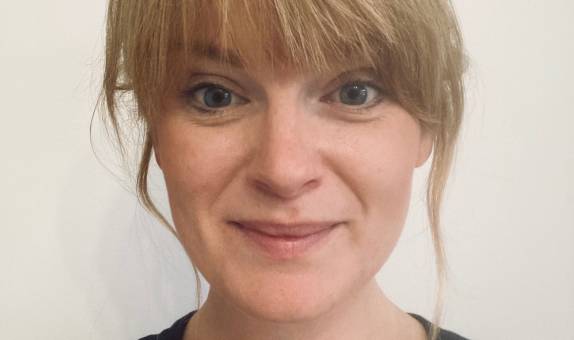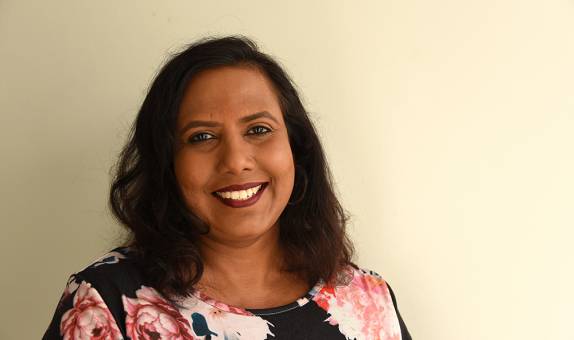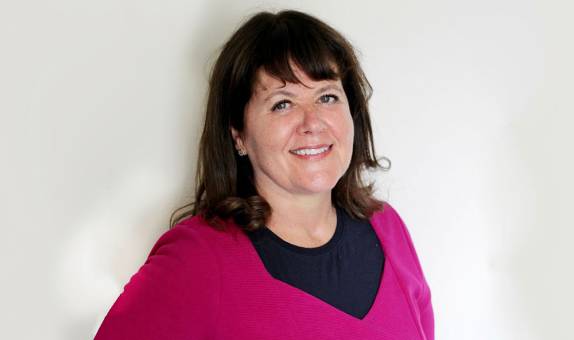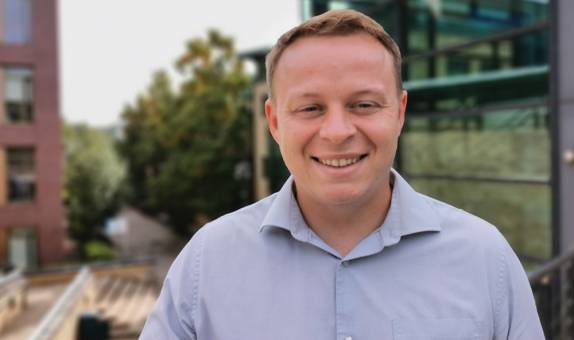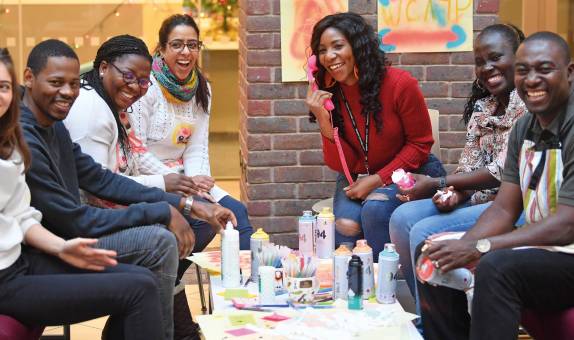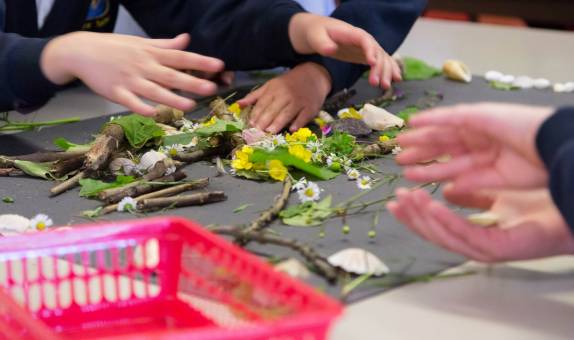Early Years: Teaching & Learning BA (Hons) top-up

Teaching Excellence Framework (TEF) Gold award
Our commitment to high quality teaching has been recognised with a TEF Gold rating. The University has received an overall rating of Gold, as well as securing a Gold award in the framework's two new student experience and student outcomes categories.
Why choose this course?
Are you a professional working in Early Years looking to elevate your professional and theoretical knowledge of young children's learning and development? You might be a Childminder, Early Years Educator, Teaching Assistant or other professional who advocates for babies, children and families and keen to make a difference to your local community and the Early Years sector.
If you have a foundation degree in Early Years (or equivalent), this flexible course is ideal for developing your career. You'll be able to balance studies with your employment and gain a full BA (Hons) degree. This course has been developed with commuter students from diverse working backgrounds and students with a range of professional experience in mind.
This course has been developed to build upon your working practice through the examination of social, political, and cultural aspects of early education. As part of this blended course, you'll become an advocate for children and consider how creativity and play act as tools for children's learning. You will position yourself as a leader of practice and learn how to make critical decisions that can transform practice. The course offers you an opportunity to explore multi-disciplinary working, deepen your knowledge and understanding of transitions in that occur in childhood and examine current issues in early education.
Graduate Practitioner Competencies Pathway
The Graduate Practitioner Competencies (GPC) Pathway offers you the opportunity to be assessed in practice to demonstrate you meet the nine Graduate Practitioner Competencies required by the Early Childhood Studies Degree Network (ECSDN) as part of your Professional Practice in the Early Years module.
| Attendance | UCAS code | Year of entry |
|---|---|---|
| 1 year full time (employment based) | X111 | 2025 |
| 1 year full time (employment based) | X211 (Graduate Practitioner Pathway) | 2025 |
For the above courses, the study pattern comprises blended twilight sessions, with some Saturday seminar days.
External applicants: please note that places for external applicants are limited on this course. If you studied your Foundation Degree at a college that is not within the Kingston University partnership, please apply early to avoid disappointment.
Please note: Teaching on this course may take place on more than one KU campus.
| Main Location | Employment based, with some attendance at Kingston Hill |
Reasons to choose Kingston University
- As an Early Years professional, you will advance your working practices and develop your skills and competencies in your work setting through critical reflection of theory and new research.
- This qualification is valued by employers and will be a mark of your professional excellence and expertise.
- You will be able to combine academic study with work-based learning, attending one twilight teaching session per week at Kingston University.
What you will study
The course covers the following areas:
- effective Early Years practice
- play-based pedagogies
- a range of transitional experiences
- current issues in education and multidisciplinary working
- inclusive practice and differentiated approaches
- creativity across the curriculum
- planning for critical issues
- research design and methodology
Modules
Core modules
Transition and Transformation
30 credits
This module is an exciting opportunity for students to engage with an in-depth child study. It provides a forum in which to reflect upon the child and his/her transitional process within the context of the Early Years environment. It explores theoretical frameworks and current thinking about transition and how this can inform and enrich practice. This module offers students the opportunity to develop their knowledge and understanding of how the process of transition can have a positive or negative impact on a child's identity. Students are encouraged to identify elements of their practice that can be enhanced to increase wellbeing and transformation for children and their families.
Creativity and Critical Thinking
30 credits
This module introduces students to different perspectives of 'creativity' and the impact on curriculum practice. It considers the role of creativity and critical thinking in extending a child's conceptual and creative development. It also explores the interplay between the child, adults, the environment (physical and emotional) and legislation when considering the impact on creativity through themes including humour, music, role play, Forest School, mark making and art. Teaching and learning is explored through creative interpretations and analyses underlying issues that may provide barriers to learning. Students are encouraged to explore their creative skills and to relate underpinning theory to their practice.
Critical Choices For Leaders
30 credits
This module explores a range of theoretical perspectives including leadership and management theories. Students are introduced to key factors that affect change in their work environment. It explores current issues and dilemmas facing practitioners in the field of Early Years and identifies strategies that may support personal and professional development. Key policies, legislation and statutory frameworks are critiqued. The module provides an overview of recent and relevant intrapersonal, inter-professional and multi-professional factors that impact provision, including safeguarding and child protection.
Dissertation in an aspect of Professional Practice
30 credits
This module introduces students to a range of methodologies, which will enable them to design and implement a small-scale enquiry, which is relevant to their interest, role and work place. Students will gain an understanding of the philosophies and practices of systematic enquiry in Early Years-related fields and its application within their professional and pedagogical contexts.
Professional Practice in the Early Years (Graduate Practitioner Competencies Pathway only)
0 credits
(Non-credit bearing)
This module will provide opportunities for you to evidence your developing reflective practice throughout the year, linked through your other modules. It is guided by the Early Childhood Graduate Practitioner Competencies (Early Childhood Studies Degree Network, 2020) and the Early Childhood Studies Subject Benchmarks (2022).
You will build the Professional Practice Portfolio (PPP) by engaging in a range of practice-based tasks and activities throughout the year with the support of your tutors, peers and Critical Professional Associate (CPA) (mentor). You will be expected to use the PPP to collate evidence showcasing your ability to critically reflect on your work to enhance your skills, knowledge and understanding of the best early years practice, in line with the Early Childhood Graduate Practitioner Competencies (ECGPCs).
Future Skills
Knowledge to give you the edge
Embedded within every course curriculum and throughout the whole Kingston experience, Future Skills will play a role in shaping you to become a future-proof graduate, providing you with the skills most valued by employers such as problem-solving, digital competency, and adaptability.
As you progress through your degree, you'll learn to navigate, explore and apply these graduate skills, learning to demonstrate and articulate to employers how future skills give you the edge.
At Kingston University, we're not just keeping up with change, we're creating it.

Entry requirements
Teaching and assessment
Teaching includes a weekly taught twilight session, with occasional Saturday seminars. The sessions include lectures, work-based learning activities, tutorials, online learning, workshops and seminars. You will also be supported by a work-based professional advocate.
What our students say
Who teaches this course?
This course is a work-based learning degree with part-time study at Kingston University. Our lecturers all have experience teaching in their specialist fields and remain actively connected to over 200 partner colleges and schools in the central and Greater London region.
Course fees and funding
Additional costs
Depending on the programme of study, there may be extra costs that are not covered by tuition fees which students will need to consider when planning their studies. Tuition fees cover the cost of your teaching, assessment and operating University facilities such as the library, access to shared IT equipment and other support services. Accommodation and living costs are not included in our fees.
Where a course has additional expenses, we make every effort to highlight them. These may include optional field trips, materials (e.g. art, design, engineering), security checks such as DBS, uniforms, specialist clothing or professional memberships.
Facilities
The Kingston Hill campus features an outdoor learning environment where trainee teachers lead curriculum-linked natural sciences activities with children. It includes a specially built 'cubby house', outdoor pond, beehive and nature trail. It offers early years students the opportunity to simulate teaching and learning with natural materials.
There are a number of teaching rooms set up to replicate actual classrooms. Each classroom is subject based – such as an art room, science lab – and is equipped with all the relevant facilities you will need to practise your lessons before taking them into school.
Our library (the Nightingale Centre) has an excellent range of teaching resources to help you plan and teach your lessons, such as a range of children's topic books, music and nursery rhymes on CD, as well as artefacts and kits that can be used to illustrate historical periods, different religions, science, mathematics and music.
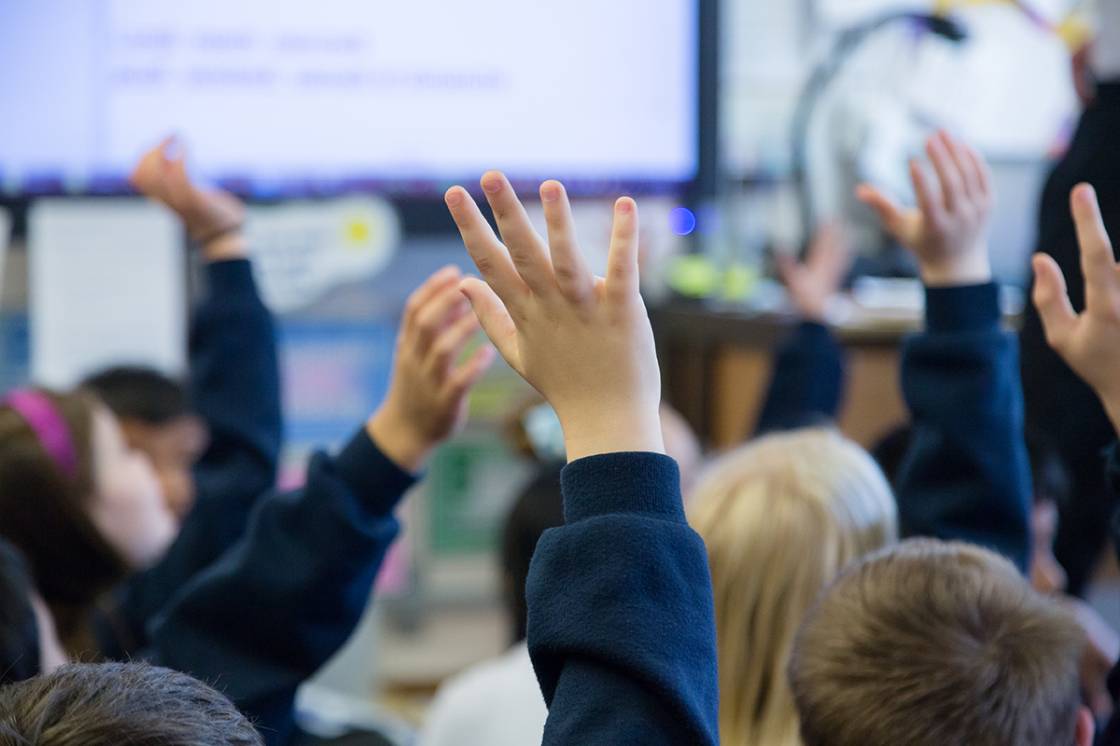
After you graduate
Graduation can lead to many roles within the sector as well as postgraduate study and continuing professional development, including Qualified Teacher Status and/or a Master of Research (Education).
Types of jobs
- Early Years manager
- Children's Centre manager
- Early Years Lead practitioner
- Family Outreach worker
- Assessor/Tutor
- Play worker
- Early Years advisor
- Early years group leader
- Early youth educator
- Higher level teaching assistant
Course changes and regulations
The information on this page reflects the currently intended course structure and module details. To improve your student experience and the quality of your degree, we may review and change the material information of this course. Course changes explained.
Programme Specifications for the course are published ahead of each academic year.
Regulations governing this course can be found on our website.




